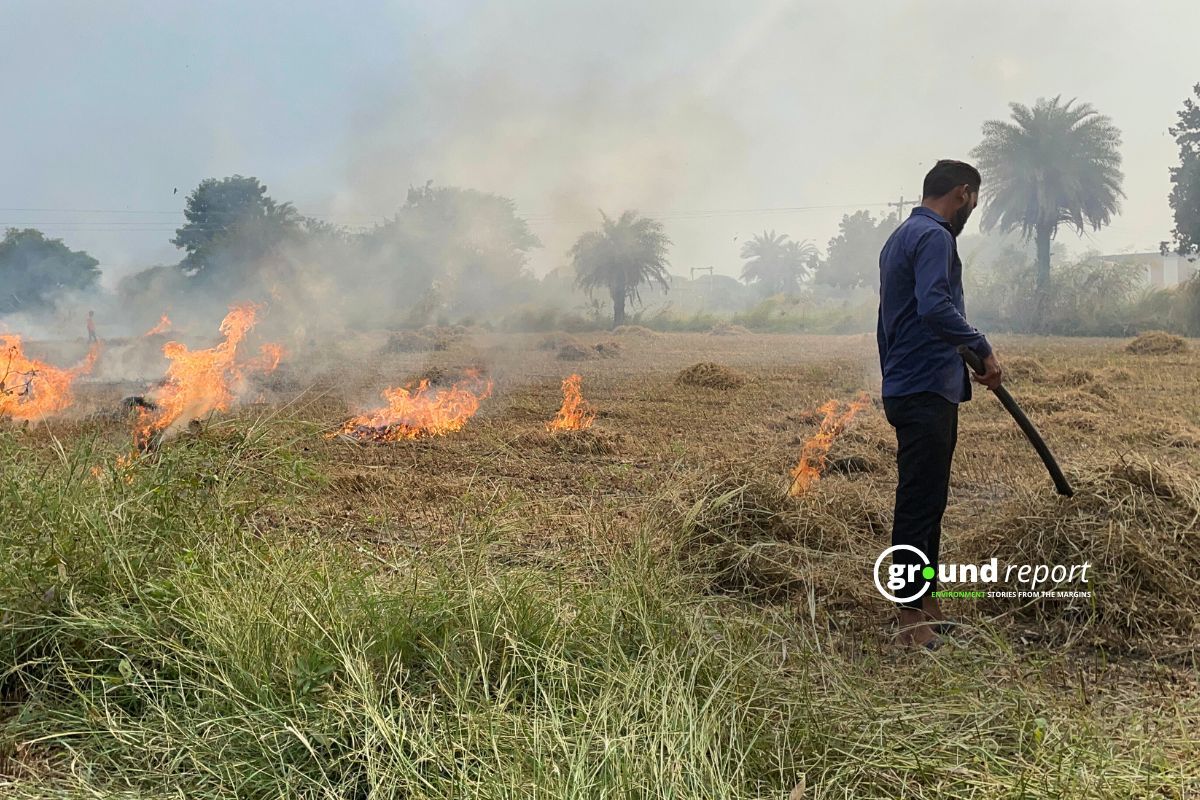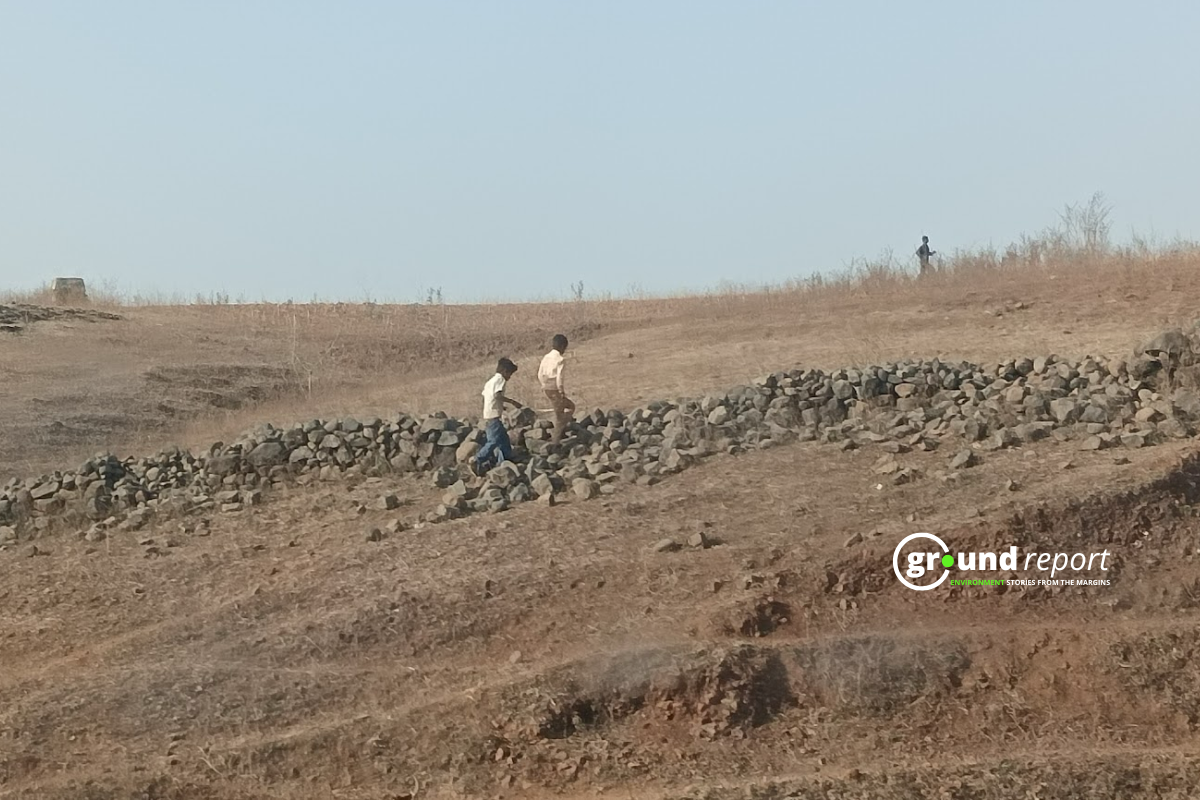In a tragic event at Madhya Pradesh’s Bandhavgarh Tiger Reserve, ten elephants died mysteriously within three days. The deaths, first reported on Tuesday, have triggered urgent nationwide concern, with multiple agencies investigating.
Ten elephants dead; toxic crops suspected cause
The crisis unfolded when a beat guard patrolling the reserve discovered distressed elephants two kilometers from their camp. Despite swift intervention by forest officials and veterinary teams, four elephants were already dead. By Wednesday night, two more people had died, and another four on Thursday, bringing the total to ten.
Deputy Director P.K. Verma of Bandhavgarh Tiger Reserve speculated on a potential cause, noting, “While we’re investigating multiple angles, the Kodo crop, which can be toxic to elephants, may have played a role.” To mitigate risks, authorities started destroying nearby Kodo crops by ploughing and burning them.
Teams from the State Tiger Strike Force, with a dog squad, have arrived to assist in the probe. Examinations of water sources, local crops, and movement patterns within a five-kilometer radius are underway. Several individuals have been detained for questioning, but definitive answers are pending post-mortem reports for six elephants.
The deaths have marred Bandhavgarh’s recent success story, considered an ideal habitat since elephants migrated from Chhattisgarh in 2017. The reserve’s elephant population is reeling from this loss.
Lone elephant mourns; disrupts burial process
The tragedy’s emotional impact is evident. As officials buried the fallen elephants using a JCB machine to cover the graves with sand and salt, a lone surviving male elephant charged at the wildlife team, trumpeting and showing distress. A veterinarian involved in the post-mortems said, “Everyone is heartbroken. We couldn’t conduct the post-mortems properly as the elephant would charge at us, thinking it could save its family. We had to chase it away with JCB machines.”
Pushpendra Nath Dwivedi, a former wildlife warden working with the Bandhavgarh elephants since 2018, observed that the surviving bull is in mourning. “The bull keeps returning to the burial pits, hoping to see its family one last time,” Dwivedi said.
Due to habitat destruction from mining and industrial activities, Bandhavgarh’s elephant population originally migrated from Jharkhand and Odisha. The herd entered the reserve in 2018, establishing a presence that grew into a population of around 50 by 2023. These elephants became integral to the local ecosystem.
Dr. P.K. Chandan from Chhattisgarh’s Kanan Pendari Zoological Garden warned about the potential danger of Kodo millet consumption. “If [elephants] eat large amounts, it can cause severe stomach pain and intestinal haemorrhage after consuming over 5 kg of Kodo millets,” Chandan said, referencing past incidents where elephants showed similar symptoms after consuming the grain.
Minister orders SIT; officials investigate deaths
Madhya Pradesh’s forest minister, Ramniwas Rawat, expressed deep sorrow and ordered a Special Investigation Team (SIT) inquiry. Senior wildlife officials, including Nandkishore Kale of the National Tiger Conservation Authority, have rushed to Bandhavgarh, accompanied by veterinarians from Pench and Kanha national parks to aid in treatment and post-mortem work.
Congress leader Jairam Ramesh called the incident “shocking,” noting the loss equated to a 10 percent decline in the reserve’s elephant population. He called for a full and transparent investigation.
Wildlife officials are monitoring the surviving elephants and assessing the implications for the region’s elephant population. Dwivedi voiced concerns about the long-term impact: “They are emotional animals with a great memory. They won’t forget what happened to their family.” The wildlife department will destroy all nearby Kodo millet fields to prevent further incidents and compensate local farmers.
Support us to keep independent environmental journalism alive in India.
Keep Reading
Govt shelves elephant census, population drops 20% in 5 years
Wildlife SOS mourns passing of Suzy, 74, oldest rescued Elephant
Asian Elephants display complex mourning rituals similar to humans: study
Asian Elephant populations threatened by rapid ecosystem decline
Follow Ground Report on X, Instagram and Facebook for environmental and underreported stories from the margins. Give us feedback on our email id greport2018@gmail.com.
Don’t forget to Subscribe to our weekly newsletter, Join our community on WhatsApp, and Follow our YouTube Channel for video stories.






